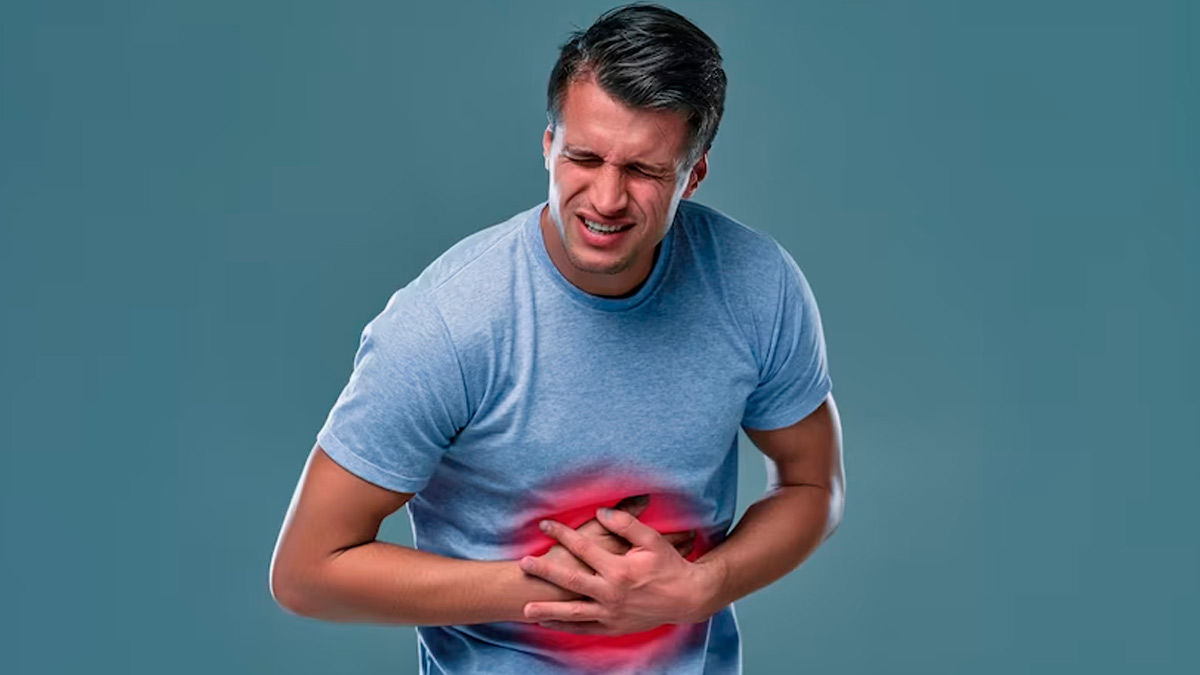
Non-alcoholic fatty liver disease (NAFLD) is a prevalent condition characterised by the accumulation of excess fat in the liver, often associated with poor dietary habits and sedentary lifestyles. Fortunately, lifestyle changes, particularly focusing on a well-balanced diet, can play a significant role in managing NAFLD and improving liver health.
Diet For Non Alcoholic Fatty Liver Disease
1. Choose Whole Foods
Emphasise a diet rich in whole foods, such as fruits, vegetables, whole grains, lean proteins, and healthy fats. Minimise processed and sugary foods, as they contribute to liver inflammation and weight gain.
2. Watch Your Portions
Overeating can contribute to weight gain and exacerbate NAFLD. Be mindful of portion sizes, and aim to eat until you feel satisfied, not overly full.

3. Moderate Carbohydrates
While carbohydrates are essential for energy, consuming excessive refined carbs can lead to weight gain and liver problems. Focus on whole grains, legumes, and vegetables as sources of carbohydrates.
Also read: Monsoon Hair Care: 10 Tips To Treat Oily Scalp In Rainy Season
4. Healthy Fats
Replace unhealthy fats like trans fats and saturated fats with healthier alternatives like monounsaturated and polyunsaturated fats. Avocados, nuts, seeds, and olive oil are excellent choices.

5. Monitor Protein Intake
Include moderate amounts of lean protein sources such as fish, poultry, legumes, and tofu in your diet. Protein helps repair liver cells and supports overall health.
6. Stay Hydrated
Drink plenty of water throughout the day to support liver function and help flush out toxins.
Seek Professional Guidance
If you have NAFLD or suspect you might have it, consult with a healthcare professional or a registered dietitian. They can provide personalised advice and create a tailored diet plan based on your specific needs and health status.
How we keep this article up to date:
We work with experts and keep a close eye on the latest in health and wellness. Whenever there is a new research or helpful information, we update our articles with accurate and useful advice.
Current Version